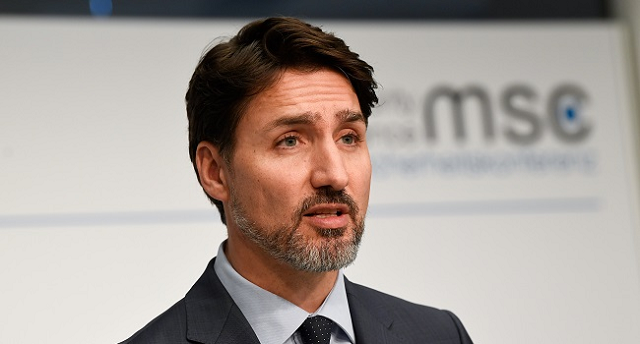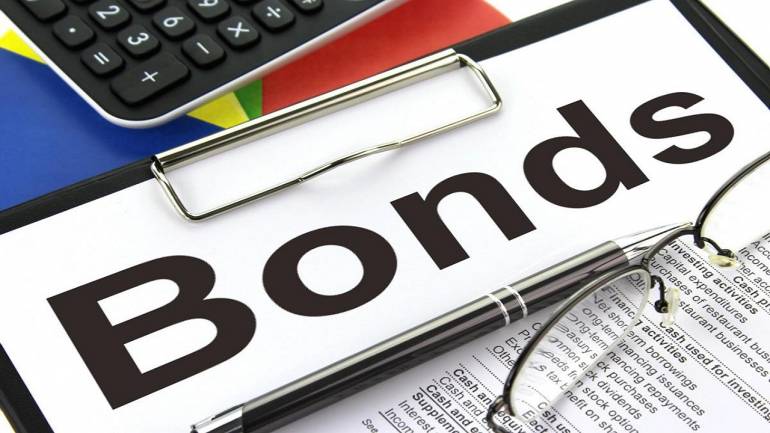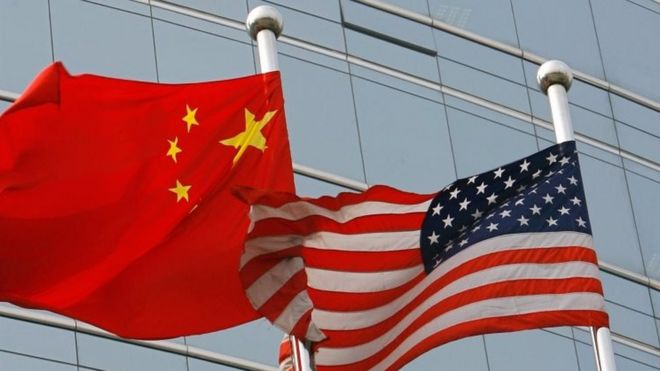Prime Minister Justin Trudeau has announced his resignation, signaling the end of his tenure as Canada’s leader and the head of the Liberal Party. Speaking at a press conference in Ottawa on Monday, the 53-year-old leader confirmed his decision to step down once the Liberal Party selects a new leader.
“I will resign as party leader and prime minister after the party chooses its next leader,” Trudeau stated. He also announced that Canada’s Parliament will be suspended until March 24 to facilitate the leadership transition.
“I have always been driven by what is best for Canadians,” Trudeau said. “However, despite our best efforts, Parliament has been at an impasse for months, following the longest session of a minority government in Canadian history.”
Why Is Trudeau Stepping Down?
After leading the Liberal Party for 11 years and serving as prime minister for nine, Trudeau has faced growing challenges, including poor opinion polls, political setbacks, and public discontent. His resignation comes ahead of a general election later this year, which the Liberals are widely expected to lose.
Trudeau first rose to power in 2015, promising a new era of optimism and progressive change. While he championed initiatives on climate change and reconciliation with Indigenous peoples, his later years in office were overshadowed by economic concerns and political turbulence.
A recent confrontation with a steelworker, who criticized Trudeau for failing to address rising living costs, epitomized the frustration among many Canadians. “You’re not really doing anything for us, Justin,” the worker remarked, a sentiment echoed across the nation.
Adding to his troubles, Deputy Prime Minister and Finance Minister Chrystia Freeland unexpectedly resigned last year, just hours before delivering her annual fiscal update. In her resignation letter, Freeland criticized Trudeau’s policies, describing them as “political gimmicks.”
Economic strains and tensions with the United States further complicated Trudeau’s leadership. U.S. President Donald Trump, set to return to office on January 20, has announced plans for a 25% tariff on Canadian imports. Trump also mocked Trudeau on social media, referring to him as the “governor” of the “Great State of Canada.”
What’s Next for Canada?
The Liberal Party’s national executive will meet this week to determine the leadership selection process. Parliament’s suspension is intended to give the party time to organize the transition.
Potential candidates to replace Trudeau include Mark Carney, former governor of both the Bank of Canada and the Bank of England; Foreign Minister Mélanie Joly; and Chrystia Freeland, despite her previous criticisms of Trudeau.
The new leader will face the daunting task of revitalizing the party before the general election, scheduled for no later than October 20. Current polls show the Liberals trailing the opposition Conservative Party, led by Pierre Poilievre, by over 20 points.
“This country deserves a real choice in the next election,” Trudeau said. “If I am fighting internal battles, I cannot be the best option for Canadians.”
Trudeau, who was elected three times, most recently in 2021, leaves behind a legacy of significant highs and lows. He criticized Poilievre’s policies, calling them unsuitable for Canada.
“Stopping the fight against climate change, retreating on diversity and inclusion, and attacking institutions like the CBC is not what Canadians need,” Trudeau stated. “We need an ambitious and optimistic future, and Pierre Poilievre is not offering that.”
Reactions to Trudeau’s Resignation
Reactions to Trudeau’s announcement were swift. U.S. President-elect Donald Trump reignited the controversial idea of a U.S.-Canada merger, claiming, “Many Canadians love the idea of becoming the 51st state.” Trump argued that merging the two nations would eliminate tariffs, lower taxes, and enhance security.
Meanwhile, Poilievre used the moment to rally support, promising to “take back control” of Canada’s borders, economy, and future. “We’ll cap spending, axe taxes, stop crime, and put Canada first,” he said in a video statement.
Chrystia Freeland, who may vie for the leadership role, expressed gratitude for Trudeau’s service. “I thank Justin Trudeau for his years of service to Canada and Canadians. I wish him and his family the very best,” she posted on X.
As Canada prepares for a new chapter, the nation faces critical decisions about its leadership and future direction.













